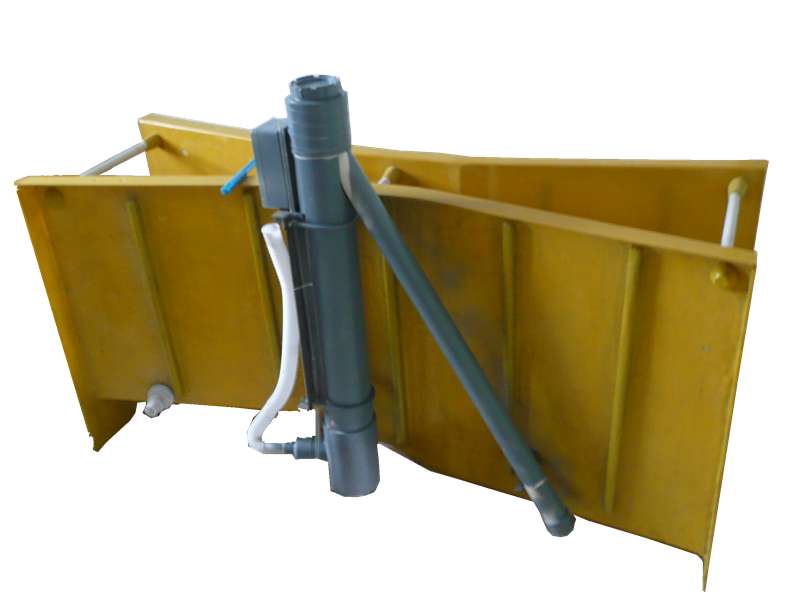
-
 Afrikaans
Afrikaans -
 Albanian
Albanian -
 Amharic
Amharic -
 Arabic
Arabic -
 Armenian
Armenian -
 Azerbaijani
Azerbaijani -
 Basque
Basque -
 Belarusian
Belarusian -
 Bengali
Bengali -
 Bosnian
Bosnian -
 Bulgarian
Bulgarian -
 Catalan
Catalan -
 Cebuano
Cebuano -
 China
China -
 China (Taiwan)
China (Taiwan) -
 Corsican
Corsican -
 Croatian
Croatian -
 Czech
Czech -
 Danish
Danish -
 Dutch
Dutch -
 English
English -
 Esperanto
Esperanto -
 Estonian
Estonian -
 Finnish
Finnish -
 French
French -
 Frisian
Frisian -
 Galician
Galician -
 Georgian
Georgian -
 German
German -
 Greek
Greek -
 Gujarati
Gujarati -
 Haitian Creole
Haitian Creole -
 hausa
hausa -
 hawaiian
hawaiian -
 Hebrew
Hebrew -
 Hindi
Hindi -
 Miao
Miao -
 Hungarian
Hungarian -
 Icelandic
Icelandic -
 igbo
igbo -
 Indonesian
Indonesian -
 irish
irish -
 Italian
Italian -
 Japanese
Japanese -
 Javanese
Javanese -
 Kannada
Kannada -
 kazakh
kazakh -
 Khmer
Khmer -
 Rwandese
Rwandese -
 Korean
Korean -
 Kurdish
Kurdish -
 Kyrgyz
Kyrgyz -
 Lao
Lao -
 Latin
Latin -
 Latvian
Latvian -
 Lithuanian
Lithuanian -
 Luxembourgish
Luxembourgish -
 Macedonian
Macedonian -
 Malgashi
Malgashi -
 Malay
Malay -
 Malayalam
Malayalam -
 Maltese
Maltese -
 Maori
Maori -
 Marathi
Marathi -
 Mongolian
Mongolian -
 Myanmar
Myanmar -
 Nepali
Nepali -
 Norwegian
Norwegian -
 Norwegian
Norwegian -
 Occitan
Occitan -
 Pashto
Pashto -
 Persian
Persian -
 Polish
Polish -
 Portuguese
Portuguese -
 Punjabi
Punjabi -
 Romanian
Romanian -
 Russian
Russian -
 Samoan
Samoan -
 Scottish Gaelic
Scottish Gaelic -
 Serbian
Serbian -
 Sesotho
Sesotho -
 Shona
Shona -
 Sindhi
Sindhi -
 Sinhala
Sinhala -
 Slovak
Slovak -
 Slovenian
Slovenian -
 Somali
Somali -
 Spanish
Spanish -
 Sundanese
Sundanese -
 Swahili
Swahili -
 Swedish
Swedish -
 Tagalog
Tagalog -
 Tajik
Tajik -
 Tamil
Tamil -
 Tatar
Tatar -
 Telugu
Telugu -
 Thai
Thai -
 Turkish
Turkish -
 Turkmen
Turkmen -
 Ukrainian
Ukrainian -
 Urdu
Urdu -
 Uighur
Uighur -
 Uzbek
Uzbek -
 Vietnamese
Vietnamese -
 Welsh
Welsh -
 Bantu
Bantu -
 Yiddish
Yiddish -
 Yoruba
Yoruba -
 Zulu
Zulu
molded fiberglass
The Marvel of Molded Fiberglass Versatile Solutions for Modern Needs
Molded fiberglass, a composite material made from glass fibers and resin, has revolutionized various industries with its unique properties and wide-ranging applications. As a lightweight yet incredibly strong substance, molded fiberglass combines the best of both worlds, making it a favorite choice for manufacturers and designers looking for reliable materials that can withstand harsh environments.
One of the key advantages of molded fiberglass is its excellent strength-to-weight ratio. This attribute is particularly beneficial in industries like aerospace and automotive, where every ounce matters. Structures made from molded fiberglass can endure high stress while remaining significantly lighter than traditional materials such as metals. Furthermore, the resistance to corrosion and impact makes molded fiberglass an ideal choice for outdoor applications or in environments where exposure to chemicals is a concern.
In construction, molded fiberglass is increasingly utilized for its versatility. It can be easily shaped and tailored to specific needs, leading to unique architectural designs. Items like roofing panels, decorative facades, and structural components can all be crafted from this material, resulting in buildings that not only look stunning but also benefit from durability and reduced maintenance costs.
molded fiberglass

Additionally, molded fiberglass is garnering attention in the realm of renewable energy. Wind turbine blades, for example, often incorporate this composite due to its lightweight properties and strength. Utilizing molded fiberglass allows for larger blade designs that enhance energy capture without compromising structural integrity. Similarly, in solar panel manufacturing, fiberglass components provide the necessary durability to withstand environmental challenges, ensuring longevity and efficiency.
The manufacturing process of molded fiberglass also contributes to its growing popularity. The material can be produced through various methods, including hand lay-up, spray-up, and automated processes. This flexibility allows for large-scale production tailored to specific needs, reducing lead times and costs. Furthermore, advancements in technology have led to improved formulations of resins that enhance performance characteristics, making modern molded fiberglass even more appealing.
Sustainability is another significant aspect of molded fiberglass. As industries continue to seek eco-friendly materials, many manufacturers are exploring the use of recycled glass and bio-derived resins in their composites. This shift not only reduces waste but also decreases reliance on petroleum-based products, aligning with global efforts to promote sustainability.
In conclusion, molded fiberglass is a material that embodies innovation, strength, and versatility. Its extensive applications across multiple industries, coupled with its favorable properties, make it indispensable in modern manufacturing and design. As technology evolves and sustainable practices become increasingly vital, the future of molded fiberglass looks promising, paving the way for even more groundbreaking advancements. Whether in construction, renewable energy, or beyond, molded fiberglass continues to shape a better world, one molded part at a time.









